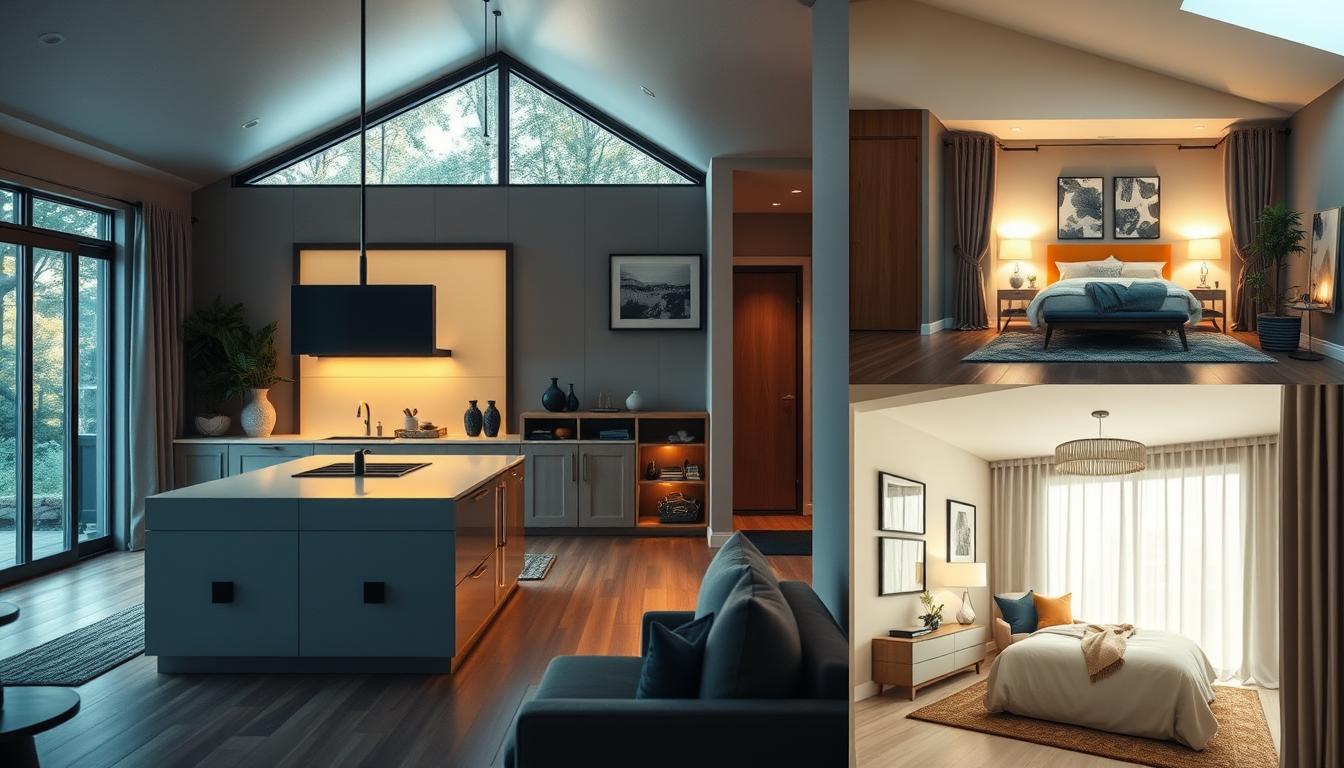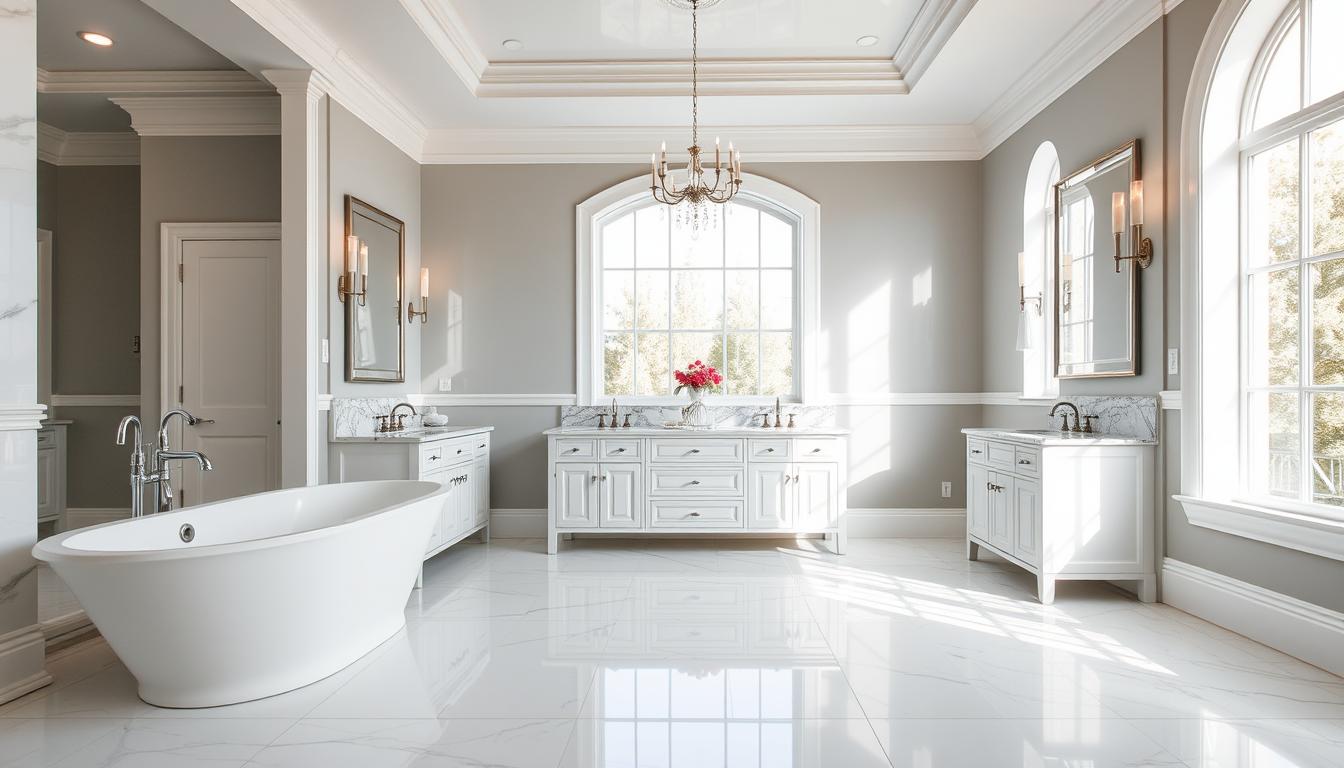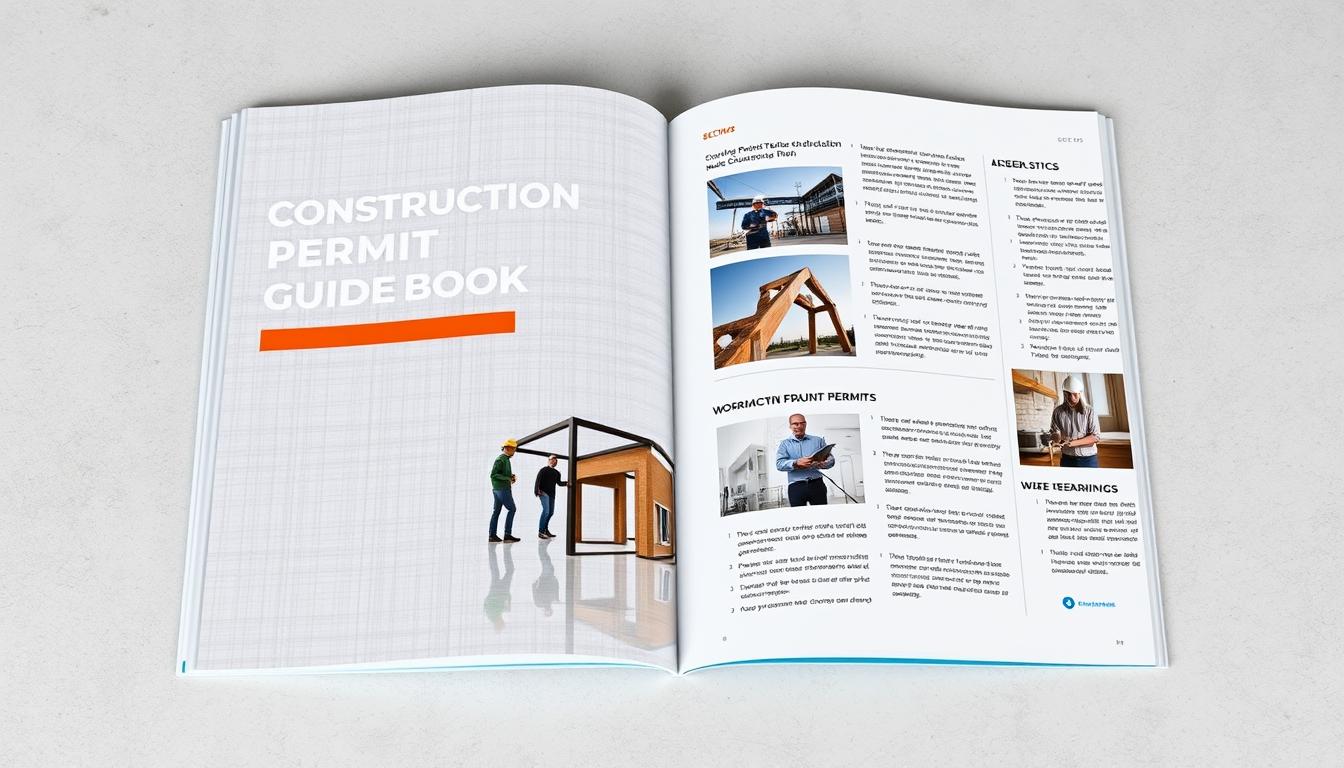Starting a home addition project is both thrilling and nerve-wracking. Homeowners in Chico, CA, and other places know that budget-friendly home additions need careful planning. With costs between $100 to $500 per square foot, managing your project is key to making your dream space come true.
JFerguson Construction believes that smart financial management is the first step to a successful home expansion. Every square foot matters when you’re aiming to get the most out of your investment. Knowing how to manage budget-friendly home additions can help you avoid surprises and keep your finances in check during the renovation.
Key Takeaways
- Home additions require meticulous financial planning
- Understand total project costs before beginning
- Research local construction rates in your area
- Create a flexible budget with contingency funds
- Consider phased approaches to manage expenses
- Prioritize essential improvements over aesthetic upgrades
Understanding the Fundamentals of Budget Home Additions
Starting a home addition project needs careful planning and smart thinking. Low-cost renovations mean finding a balance between your dreams and your budget. JFerguson Construction has helped many homeowners achieve their goals without spending too much.
To plan a cost-effective home improvement, you need to know some key principles. These principles can turn your dream into reality while keeping costs low.
Setting Realistic Financial Goals
Creating a solid financial plan is key for any home addition. Experts suggest:
- Evaluate your current financial situation
- Determine a budget you’re comfortable with
- Save 10-20% of your budget for unexpected costs
- Look into the potential return on investment
Determining Your Project Scope
Defining your project’s limits helps avoid extra costs. Here are important steps:
- Identify what you must have versus what you’d like
- Focus on functional improvements first
- Think about how the project will affect your daily life
- Consider the space you have and what you can add
Creating a Detailed Timeline
A detailed timeline helps manage expectations and keeps costs in check. Break your project into smaller phases. This way, you can plan for delays and seasonal changes. Professional contractors like JFerguson Construction can help you make a realistic schedule that avoids unexpected problems.
Essential Pre-Planning Steps for Cost Control
Starting inexpensive home extensions needs careful planning. Good preparation can cut down on surprise costs and make your project smoother. Homeowners who do their homework often save a lot of money.
Key pre-planning steps include:
- Researching local building codes and zoning regulations
- Creating detailed architectural blueprints
- Obtaining necessary permits before starting construction
- Conducting site evaluations and soil assessments
Knowing local rules is key to avoid big mistakes. Unexpected compliance issues can quickly derail budget-friendly additions. Experts like JFerguson Construction can help navigate these challenges.
Having detailed plans helps keep costs in check. Accurate blueprints reduce the need for costly changes during building. It’s important to be precise in the planning phase.
Need help with your inexpensive home extensions? Call JFerguson Construction at (530) 680-6228 for expert advice and detailed planning.
Smart Financing Options for Your Home Addition
Exploring financing for home additions can be tough. Choosing the right way to fund your project is key. It ensures your home upgrade is both affordable and valuable.
Homeowners have many ways to fund their home improvements. Knowing each option helps you pick the best one for your budget and goals.
Home Equity Loans and Lines of Credit
Using your home’s equity can help fund renovations. These options often come with:
- Lower interest rates than personal loans
- Potential tax breaks for interest payments
- Flexible borrowing terms
Personal Loans vs Cash Savings
Deciding between personal loans and using cash savings depends on your finances. Think about these points:
- Cash savings don’t have interest but might leave you short on emergencies
- Personal loans give quick access to funds with a set repayment plan
- Consider your comfort with risk and financial stability
Understanding Construction Loans
Construction loans are made for home additions. They turn into regular mortgages after the project is done. They’re great for big renovation projects.
Good financial planning makes your home addition a reality. Each financing choice has its own benefits, fitting different homeowners’ needs.
Design Strategies to Maximize Value
Creating affordable home makeovers needs smart design thinking. Homeowners can update their homes without spending a lot. They can make choices that improve both looks and function.
Here are important design strategies for budget-friendly home updates:
- Prioritize multi-functional spaces that serve multiple purposes
- Select durable materials with long-term value
- Focus on cost-effective design elements that create visual impact
- Integrate energy-efficient solutions that reduce long-term expenses
Choosing materials wisely is key in budget-friendly updates. Choose quality alternatives that look good but cost less. For example, laminate flooring looks like hardwood but is much cheaper.
Getting help from professionals can make your dream home a reality. They know how to mix design with budget, helping you make choices that fit your money and goals.
With creativity and planning, you can make big changes to your home. You can do this without hurting your wallet.
Professional Help vs DIY: Making Cost-Effective Choices
When it comes to budget home additions, making smart choices is key. You can save a lot by knowing which jobs you can do yourself and which need a pro. This balance is crucial for a successful and affordable project.
When to Hire Experts
Some tasks are too complex for DIY. They require professional skills for quality and safety. Here are some jobs best left to the experts:
- Structural modifications
- Electrical and plumbing work
- Advanced carpentry
- Foundation and load-bearing wall alterations
Tasks Suitable for DIY
But, some projects are perfect for DIY enthusiasts with basic skills. Here are some tasks you can tackle yourself:
- Painting interior walls
- Installing simple fixtures
- Basic landscaping
- Updating cabinet hardware
Avoiding Common DIY Pitfalls
Before starting any project, be honest about your abilities. Overconfidence can lead to costly mistakes. Always do your research, buy the right tools, and know when to ask for help. This way, you avoid expensive fixes later on.
Working with local contractors can also help. They offer advice and support, making sure your project stays within budget and meets high standards.
Conclusion
Starting a home addition project needs careful planning and smart money choices. You can make your home better without spending too much. It’s all about understanding what you need and what you can do.
Creating a budget-friendly addition takes a lot of planning. You need to set realistic goals and make smart choices about design and money. Every decision you make affects your budget and the final look of your project.
If you live in Chico, CA, and need help, JFerguson Construction is here for you. We help make your home renovation dreams come true. Our team is great at creating beautiful, useful spaces that fit your budget.
Are you ready to start your home addition project? Call JFerguson Construction at (530) 555-1234 or visit our website. Our experts will guide you through making your home better without breaking the bank.







